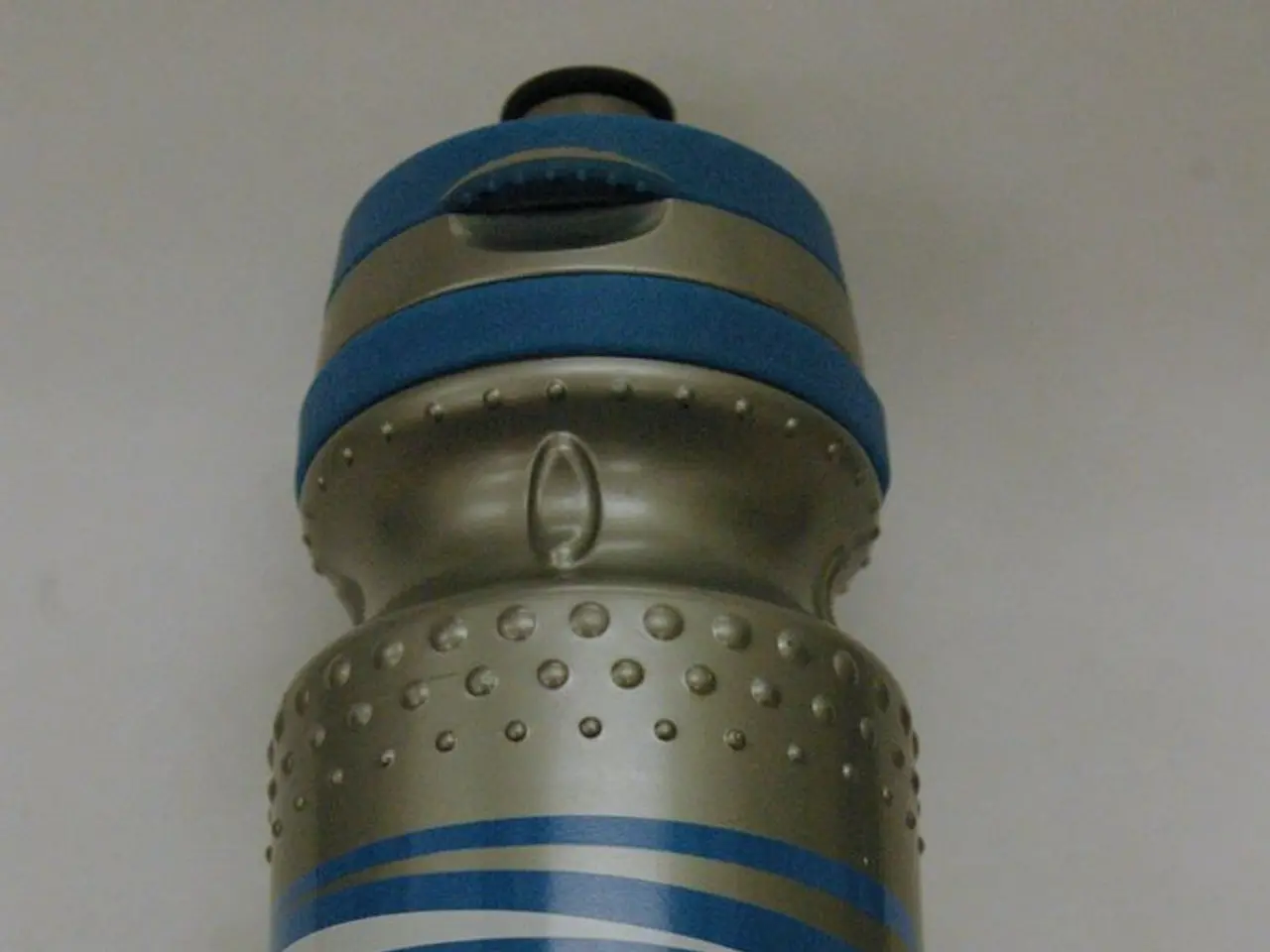Genetic Condition Affecting Academic Achievement: AAT Deficiency Explained
In a nutshell, Alpha-1 Antitrypsin Deficiency (AAT deficiency) is a genetic disorder that affects the body's ability to produce a protein called alpha-1 antitrypsin (AAT). This protein plays a crucial role in protecting the lungs and liver from damage caused by enzymes released during inflammation.
AAT deficiency is primarily caused by a genetic mutation in the SERPINA1 gene, which is responsible for producing the AAT protein. The condition is inherited in an autosomal co-dominant manner, meaning that a person can inherit the condition from one or both parents.
Recognizing the symptoms of AAT deficiency is crucial for early diagnosis and management. Symptoms can vary widely among individuals, and some may not experience noticeable symptoms until later in life. Common symptoms include shortness of breath, chronic cough, wheezing, fatigue, jaundice, swelling in the abdomen, skin problems, frequent infections, and unexplained weight loss. AAT deficiency can also lead to liver-related issues, including fatty liver disease and cirrhosis. Some individuals with AAT deficiency may develop skin problems, including panniculitis, which is inflammation of the fat layer under the skin.
Diagnosis typically involves a blood test to measure the levels of AAT in the bloodstream. If levels are low, further genetic testing may be conducted to confirm the diagnosis.
Management of AAT deficiency is mostly supportive and preventive. Augmentation therapy, involving infusing a purified form of AAT protein derived from human plasma, is the most common treatment. Bronchodilators and corticosteroids may be prescribed for those experiencing respiratory issues associated with AAT deficiency. Pulmonary rehabilitation, vaccinations, and oxygen therapy can enhance the quality of life for individuals with AAT deficiency.
Lifestyle modifications are also crucial in managing the condition. Quitting smoking, limiting exposure to air pollutants, dust, and chemicals, and managing stress can help prevent symptoms from worsening. Some individuals with AAT deficiency may require medications for lung symptoms or liver disease, and in advanced cases, transplantation might be needed.
Living with AAT deficiency can lead to several complications, particularly affecting the lungs and liver. It's essential to consult a healthcare professional if you or a loved one is experiencing any of these symptoms. Early diagnosis and treatment can significantly improve quality of life and prevent complications.
Identifying the risk factors associated with AAT deficiency is crucial for early detection and intervention. Risk factors include family history, age and gender, smoking and environmental exposures, coexisting health conditions, and ethnicity. Regular monitoring, a healthy diet, and liver transplant may be used to manage liver health in individuals with AAT deficiency. A well-balanced diet rich in antioxidants, staying hydrated, and limiting saturated fats can support the health of individuals with AAT deficiency.
Low-impact exercises, strength training, and working with a physical therapist or trainer experienced in working with individuals with respiratory conditions can help maintain health and well-being for those with AAT deficiency.
In summary, AAT deficiency complications primarily affect lungs and liver, and management is mostly supportive and preventive through augmentation therapy, symptom control, lifestyle changes, and potentially transplantation when disease is advanced.
Science reveals that AAT deficiency, a genetic disorder affecting the production of the AAT protein, can lead to various medical conditions, including chronic diseases such as chronic respiratory conditions and liver-related issues. Adopting a health-and-wellness lifestyle, including quitting smoking, limiting pollutant exposure, managing stress, and regular exercise, can support the management of AAT deficiency and potentially prevent complications.




